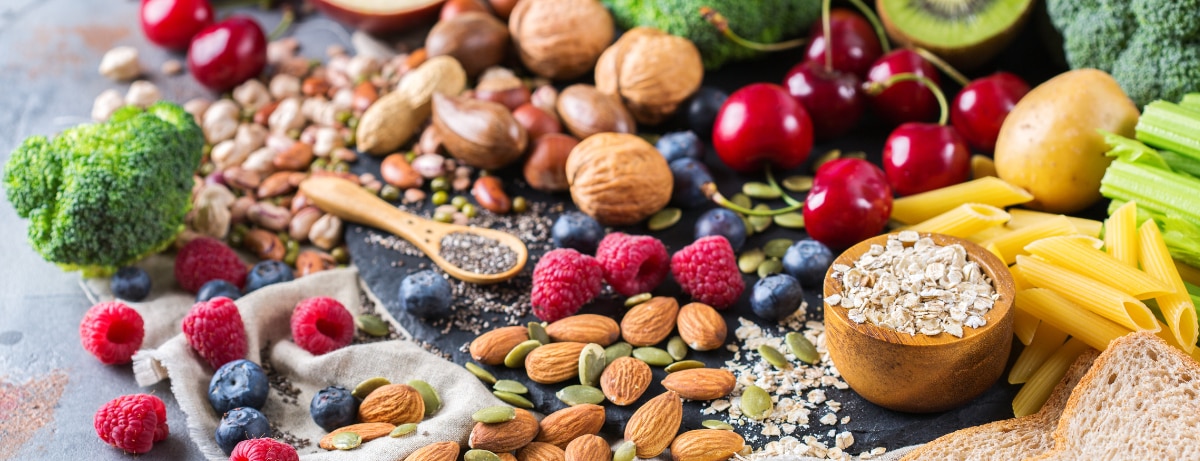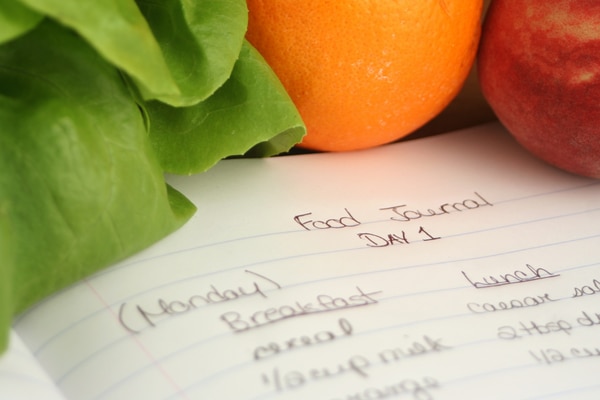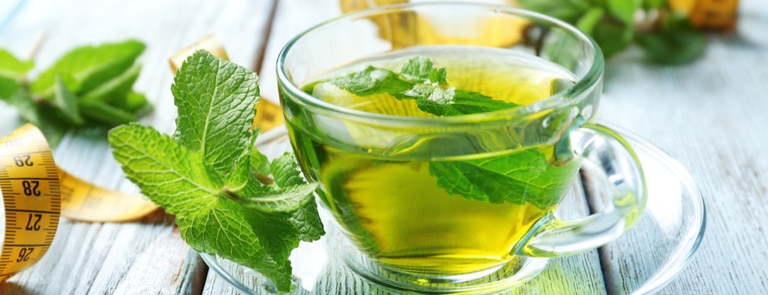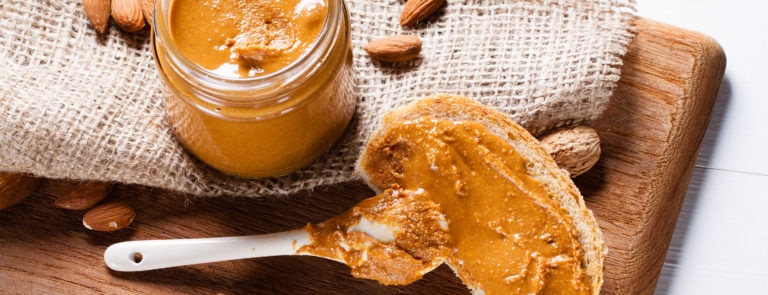10% off £35
Wholefoods vs refined foods

Reviewed by Ro Huntriss, Registered Dietitian
Wholefoods are foods that are unprocessed or minimally processed. They include fruit and vegetables, brown rice, quinoa, chickpeas, beans, nuts, seeds, fresh meat, fresh fish, and eggs. They’re nutrient-packed and can contain many vitamins, minerals, and fibre.
Refined foods, on the other hand, have had some processing done to them and often have nutrients and fibre removed. Other ingredients such as sugars, sweeteners, salt, and preservatives are often added. Examples of refined foods include white bread, crisps, cakes, cereals, baked goods, and white pasta.
Ultra-processed foods
Ultra-processed foods
When it comes to IBS, there’s a link between higher consumption of ultra-processed foods and an increased risk of the condition
(1). Foods such as pizza, crisps, chips, baked goods and processed meat are higher in fat which can be a trigger for IBS
(2), in particular IBS-D (diarrhoea predominant IBS).


Certain FODMAPs, which stands f or Fermentable Oligo- Di- and Monosaccharides and Polyols, such as onion or garlic powder or certain sweeteners can be added to food products during processing which can trigger symptoms of IBS in some people - so be sure to read the label to see what ingredients have been added during processing.
If you have IBS,the British Dietetic Association (BDA) recommends reducing your intake of manufactured foods and cooking from fresh ingredients where possible. Fibre is a very important component of our diet as it supports our immunity, reduces the risk of heart disease and diabetes, and reduces the risk of colon cancer. Wholefoods such as whole grains, fruits, vegetables and legumes are great sources of fibre.
Public health guidance recommends adults consume 30g of fibre per day. Diets high in processed foods as opposed to wholefoods are often low in fibre. When suffering from diarrhoea, incorporating soluble fibre found in oats, barley, nuts, seeds, and legumes can help as soluble fibre absorbs water and can soak up water in the gut so the passage of food through the gut is less watery, improving the form of the stool, reducing the frequency of bowel movements and urgency too.
It's important to note that fibre management in IBS is very individual - more isn’t always better. Take time to understand your tolerance to fibre and make changes accordingly.
It should also be noted that some wholefoods can still trigger symptoms for some people with IBS, for example, some fruit, vegetables and legumes can be high FODMAP which can trigger symptoms of IBS. A food and symptom diary can help you to identify dietary triggers for your symptoms.
How to stay motivated to consume a wholefoods diet
- Don't try everything at once. When making changes to your diet make one change at a time so you can see the effect on your symptoms. Set yourself short-term goals that are easily achieved and can be expanded on e.g., eat one extra portion of vegetables every day.
Remind yourself why you are doing it
Remind yourself why you are doing it
and know the benefits of including plenty of wholefoods in your diet
Start a food journal or track your IBS symptoms
This can help you feel in control of what you’re doing, and it will clearly show you the links between your diet changes and your symptoms. It’s also a way of helping you see your progress giving you a feeling of satisfaction when you see the benefits being made.


- Don’t feel defeated if a whole, “healthy” food triggers symptoms of your IBS, this won’t be the case for all whole foods. Persevere and take time to find the foods that work for you.
- Don’t deprive yourself completely of foods you love, it’s ok to include some of the more refined foods in moderation.
Summary
Wholefoods are packed with vitamins, minerals and fibre and consuming more wholefoods compared with processed foods supports our overall health.
Although some wholefoods such as certain fruits and vegetables may trigger symptoms in some people, take time to learn which foods work well for you and your IBS.
Try this
Look at your shopping list: do you have more whole or more refined foods? See what changes you can make next time you go shopping to choose more wholefoods.
- Schnabel, L., Buscail, C., Sabate, J.-M., Bouchoucha, M., Kesse-Guyot, E., Allès, B., Touvier, M., Monteiro, C.A., Hercberg, S., Benamouzig, R. and Julia, C. (2018). Association Between Ultra-Processed Food Consumption and Functional Gastrointestinal Disorders: Results From the French NutriNet-Santé Cohort. American Journal of Gastroenterology, 113(8), pp.1217–1228. doi:10.1038/s41395-018-0137-1.
- Simrén, M., Månsson, A., Langkilde, A.M., Svedlund, J., Abrahamsson, H., Bengtsson, U. and Björnsson, E.S. (2001). Food-related gastrointestinal symptoms in the irritable bowel syndrome. Digestion, [online] 63(2), pp.108–115. doi:10.1159/000051878.














